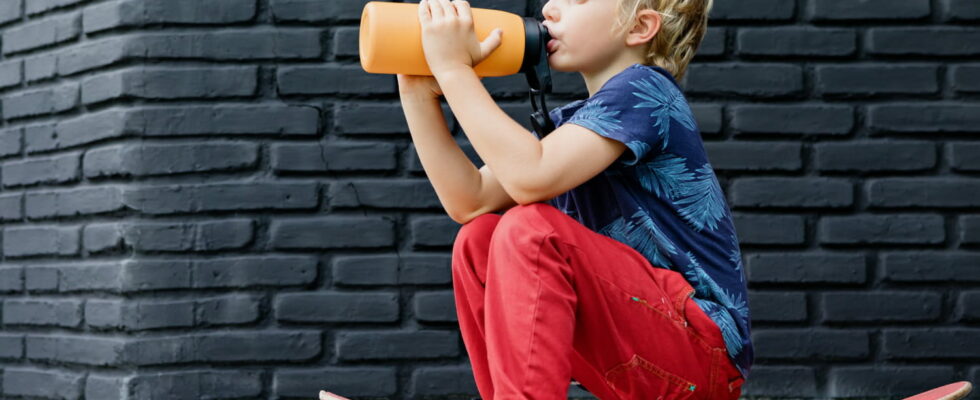All schools in Bouches-du-Rhône, Seine-Saint-Denis, Paris and Gironde are affected by a radical change by 2030. Cities will have to adapt.
To achieve good academic results, students must learn in class, in good conditions. But as the years go by, schoolchildren must adapt to certain situations. And the years to come are unlikely to improve if nothing changes. This is what reveals a report entitled “We are not ready” produced by Oxfam and which warns of the risks of global warming, which also concerns schoolchildren.
To get an idea, there were on average two days of heat waves per year before 1990, compared to 8 days over 35°C since the year 2000. If temperatures were to increase by 4°C, we would have to expect 94 days of heat waves in Ile-de-France, more than a quarter of the year!
According to an EcoAct study relayed by Oxfam, 55% of nursery schools could experience heat waves above 35°C by 2030. This would concern 7,138 schools and 1.3 million children aged 2 to 5. Concretely, if nothing is done within 5 and a half years, all schools in Bouches-du-Rhône, Paris, Gironde and Seine-Saint-Denis could be exposed to these extreme temperatures. and difficult for schoolchildren to live with. “Overseas territories are also facing these heat waves even more intensely than in mainland France.” notes the report.
Consequently, educational services, the school calendar could be disrupted, also knowing that the cognitive performance of students is reduced by 2% for each additional grade. “These significant impacts, linked to heat waves, create a break in equal opportunities between non-adapted schools and adapted schools.” adds Oxfam France.
Certain measures such as urban greening or the transition to agroecology, as well as the reduction of greenhouse gas emissions can be put in place to anticipate this catastrophic phenomenon. The report also recommends adapting infrastructure and investing in the waterproofing of school grounds. “It is difficult to believe that in a country that defines itself as one of the world’s leading powers, we are failing to protect our children from the effects of climate change. The most vulnerable children are doubly penalized since they do not have way to protect yourself from heat waves neither at school nor at home” declares Elise Naccarato, Climate Manager at Oxfam France.
